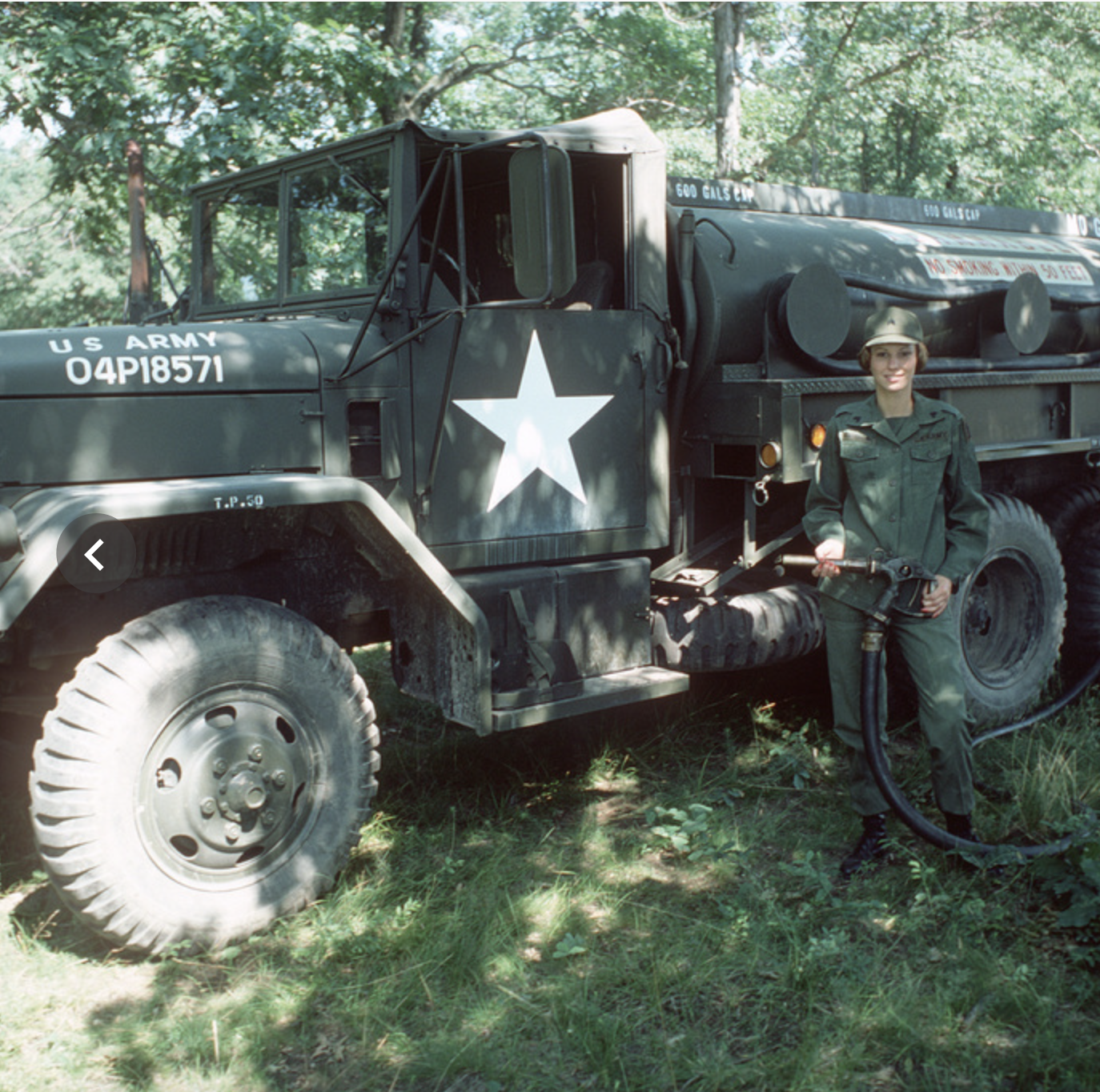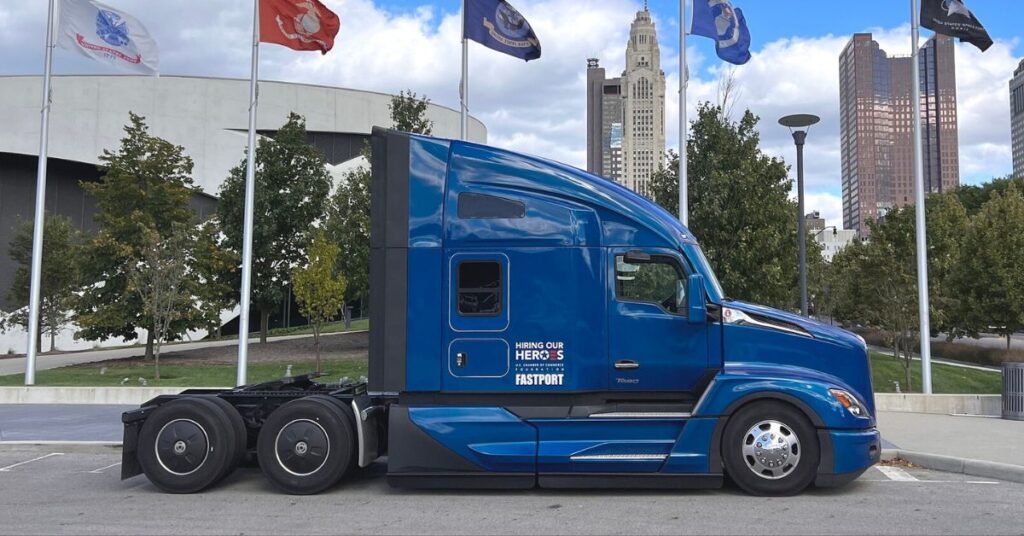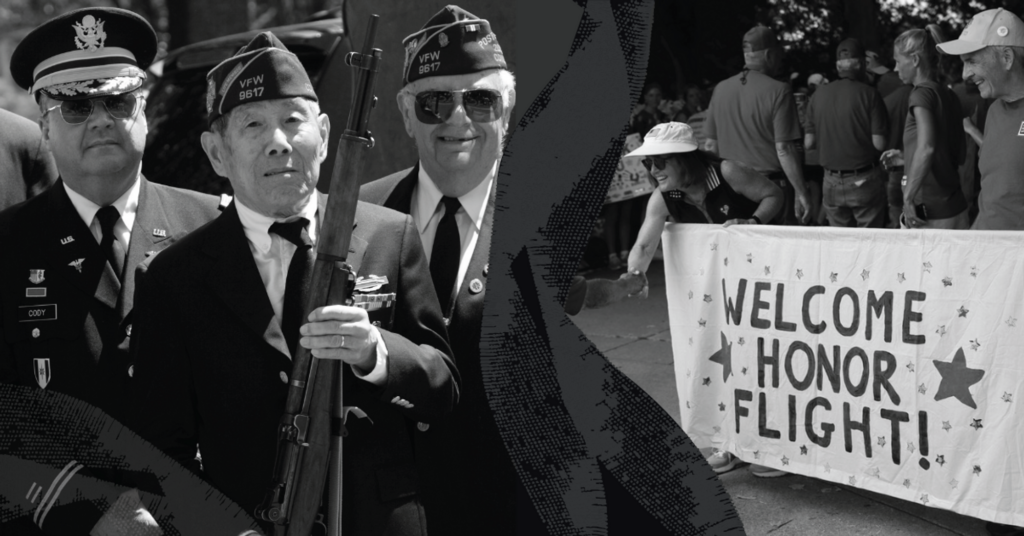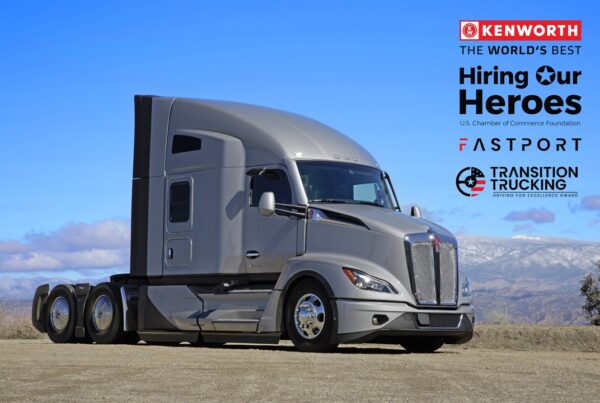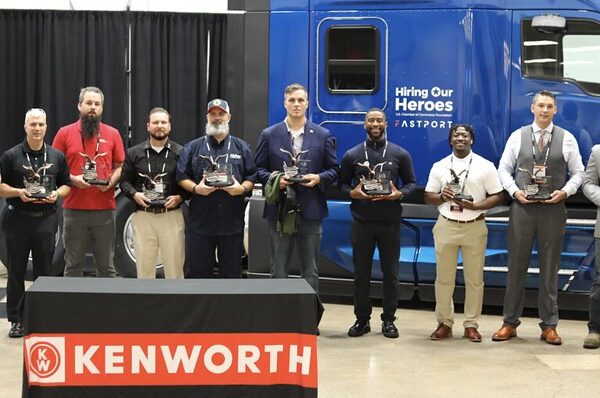If the average trucking company is looking at 90+ percent turnover annually, that means that a significant percentage of drivers are changing jobs within a 12-month cycle. But, veterans that are in an apprenticeship program flip the script– veterans that go through an apprenticeship program are retained at NINETY percent.
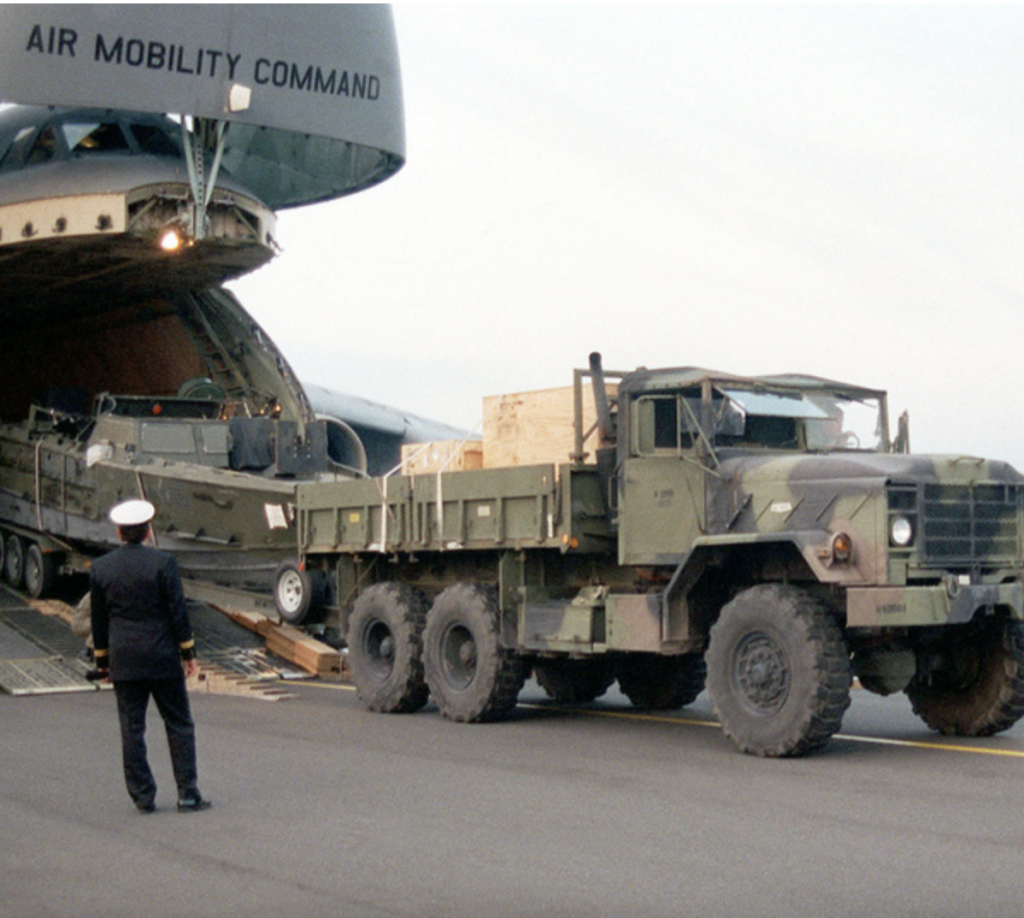
Understand the culture:
Recognizing the service and sacrifice nature that draws service men and women to the military and then into trucking. We summarize those steps to make their transition simpler here.
- Involve recent military veterans in the Military Skills Waiver program
- Set up an apprenticeship program through FASTPORT. It’s free and has enjoyed up to a 90 percent success rate in retention. Right turns may be hard in trucking, but with the supply chain crisis and driver shortage hitting a fever pitch, the U.S. government is taking a ninety degree turn when it comes to trucking and veterans.
- Speak their language. train recruiters to recognize key phrases that are used in the military.
- Give them a path to advance. Developing a future for your soldier-driver will help them engage for the long haul.
Apart from an apprenticeship program, here are other ways of keeping veterans in the driver’s seat:
- Provide opportunities for advancement
- Meaningful work
- Be a leader that your veteran driver can feel confident in
- Provide satisfactory pay
- Training and opportunities for skill development
- Work to maintain a strong relationship.
- Train dispatchers to show respect for veterans by not micromanaging them, while keeping their word about time frames and expectations.
Once you’ve made the hires, it’s important to retain them. Establish mentorship initiatives and resource groups for the veterans within your organization.
Recognize veterans in meaningful ways:
- CPM designation for veteran drivers
- Tractor decals
- Special pins
- Apparel
- Thanking them personally and on your social pages or via electronic signage within the terminal on Veteran’s Day, etc.

As FASTPORT trucking transition expert Brad Bentley says, “Since veterans provide a way for trucking companies to grow and improve their fleets, they are a welcome addition to the industry. However, you may be worried about insurance risks.
If your insurance minimums are too high, change them. Veterans are worth adjusting the insurance minimum. These service men and women have been trained for years on safety procedures and are therefore extremely safety conscious. In addition, they tend to be reliable, healthy, and disciplined.”
Ultimately these tips are just the start of veteran readiness. Once your team has gone through the basics and achieved veteran-ready status, it’s go time to get America’s heroes behind the wheel!


